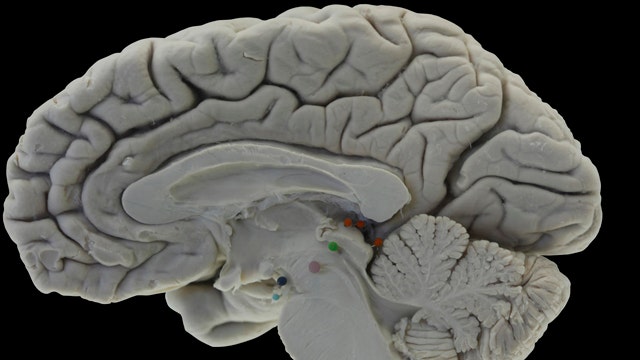With 5.4 million Americans affected by Alzheimer’s and dementia, a number predicted to jump to 13.8 million by 2050, and the rapid rate at which the U.S. population is aging, any insight into the disease – whether about its causes or new treatment options – is valuable.
New research suggests that the accumulation of copper in our bodies could be contributing to Alzheimer’s disease.
Where is copper found, and how do we get it into our bodies?
Believe it or not, copper is a necessary mineral in our diets, and fundamental to our overall health. Copper is involved in the formation of red blood cells, and the maintenance of the immune system. It is necessary for proper bone health, a healthy heart and arteries and the proper function of many other organs in our body.
This mineral is not necessarily something we consider ingesting when we wake up in the morning. The reality is most of us get all the copper we need for our bodies to function properly in our regular diets. Tap water coming through copper pipes, fruits and vegetables, red meat and shellfish are all sources of dietary copper.
So, what is the connection between copper and Alzheimer’s?
One of the trademarks of Alzheimer's disease is the formation of plaques, or abnormal collections of beta-amyloid proteins, in the brain.
A study done by Rochester Medical Center published in Proceedings of the National Academy of Sciences reported that high levels of copper left the brain struggling to get rid of the beta-amyloid protein.
In the study, mice that were fed more copper in their water had a greater buildup of the metal in the blood vessels of the brain. This buildup interfered with the way the brain’s blood-brain barrier functioned and made it harder for the brain to get rid of the beta-amyloid protein.
The blood-brain barrier is a shield of sorts, which controls what passes in and out of the brain. Copper led to more beta amyloid being produced, as well as a decreased clearance of the protein. So there was a compound effect on the brain and a buildup of the plaques associated with Alzheimer’s.
With 200,000 Americans under the age of 65 battling Alzheimer’s disease, these findings are worrisome – especially when the culprit is an essential part of our daily diet.
But don’t panic just yet. Scientists say more studies are needed to replicate these findings and more wholly understand the role that copper in our diet might play in the brain and in the progression of Alzheimer’s.
Copper deficiency is very rare, but people should be very cautious about taking any supplements. Talk to your doctor if you believe you are deficient or are taking any supplements at this time.









































